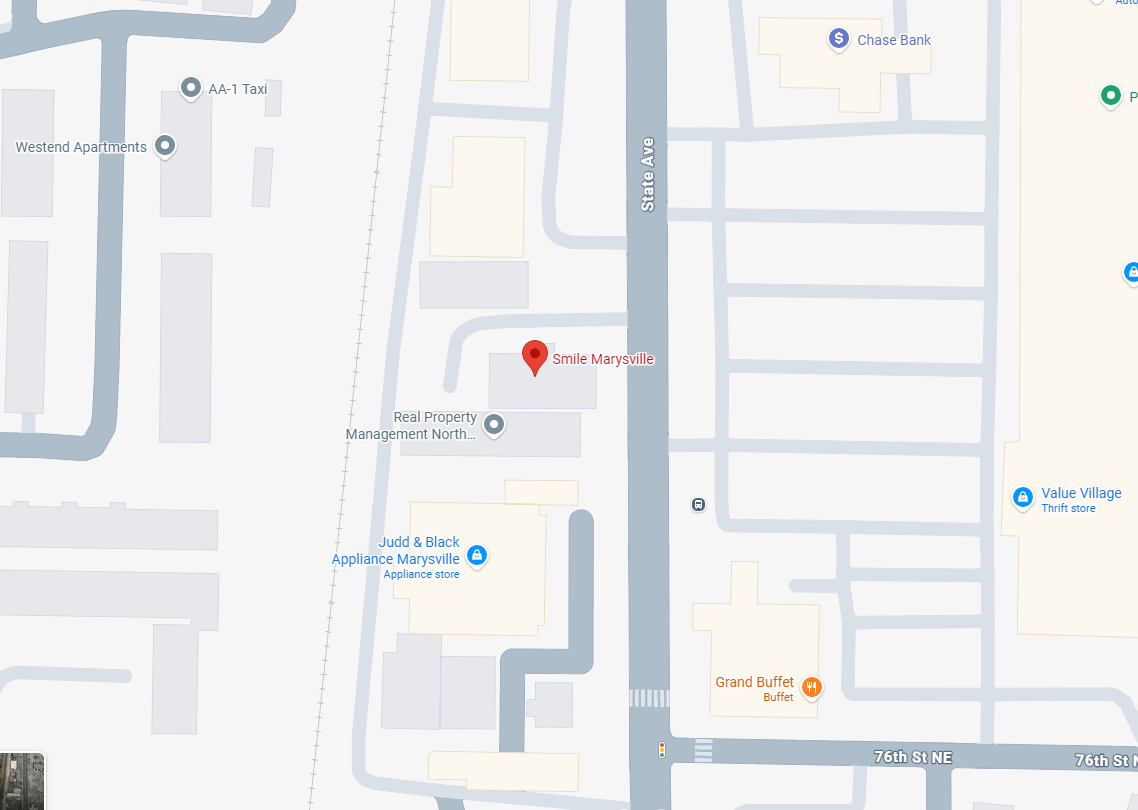It’s very hard to find a dentist who offers traditional braces to their patients for their crooked teeth. Ceramic, metal, and lingual braces are typically treated and fitted by orthodontists, and there are other options to straighten your teeth.
So, both orthodontists and general dentists are ok to do Invisalign treatment. Before them, it is important to know how it’s good to opt for Marysville general dentist at Smile Marysville.
Why Is It OK to Get Invisalign Treatment from a General Dentist?
To get Invisalign from a general dentist is a common and acceptable practice, but it’s important to consider several factors.
Initial Consultation
The process typically begins with an initial consultation. During this appointment, the general dentist will assess your dental condition and determine if you are a suitable candidate for Invisalign. They will discuss your treatment goals and explain how Invisalign works.
Dentist Qualifications
You should make sure that your general dentist has the necessary qualifications and training to provide Invisalign treatment. Many dentists undergo specific training to become certified Invisalign providers.
Treatment Planning
If you decide to proceed with Invisalign, the dentist will take detailed impressions, photographs, and X-rays of your teeth. This information is used to create a 3D digital model of your smile. The dentist will work with Invisalign technicians to plan the movement of your teeth throughout the treatment.
Customized Aligners
Invisalign treatment is based on the treatment plan, a series of custom-made, clear aligners will be created specifically for your teeth. These aligners are changed approximately every two weeks as your teeth gradually move into the desired position.
Monitoring Progress
Regular check-up appointments will be scheduled to monitor your progress and provide you with the next set of aligners.
Your dentist will ensure that the treatment is progressing as planned and make any necessary adjustments.
Compliance and Responsibility
Successful Invisalign treatment relies on patient compliance. It’s crucial to wear the aligners for the recommended 20-22 hours per day and follow the dentist’s instructions.
Moreover, patients must be responsible for maintaining good oral hygiene and caring for their aligners properly.
Addressing Concerns
If you experience any issues or have concerns during the treatment, your general dentist should be readily available to address them.
Some dentists may collaborate with orthodontic specialists if complex issues arise.
Completion and Retention
Once the treatment is complete, the dentist may recommend a retainer to prevent teeth from shifting back to their original positions.
Regular follow-up appointments may be scheduled to monitor the long-term success of the treatment.
Cost and Insurance
You should discuss the cost of Invisalign treatment with your dentist and inquire about any available financing options.
Furthermore, check with your dental insurance provider to understand coverage details for orthodontic treatments.
Patient Satisfaction
The overall goal is to achieve a satisfactory outcome for the patient. Communicate openly with your dentist about your expectations and address any concerns that may arise during the treatment.
Frequently Asked Questions
Final Note
To wrap up, is it ok to get Invisalign treatment from a general dentist? Getting Invisalign from a general dentist is generally acceptable, given they have the necessary qualifications and experience. It’s essential to have clear communication realistic expectations, and follow the prescribed treatment plan diligently for successful results.

